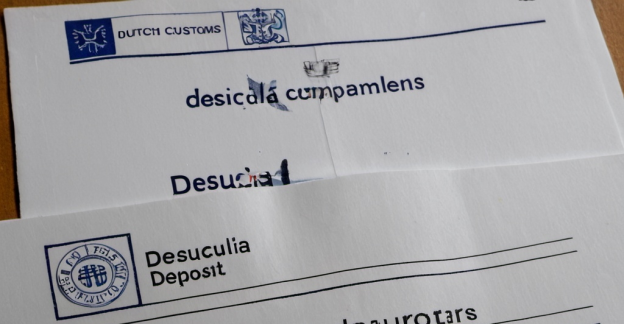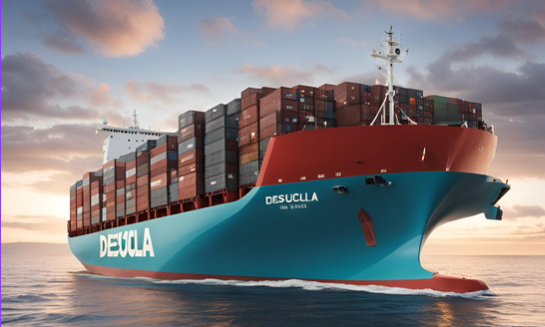Understanding Indirect Representation in EU Customs
When importing goods into the European Union (EU), businesses have two primary options for customs representation: direct and indirect. Understanding the difference between these two can significantly impact the efficiency, compliance, and liability of your import operations.
What is Indirect Representation?
Indirect representation involves appointing a third party, like Desucla, to act on behalf of the importer in all customs-related matters. As an Indirect Representative, we not only handle the paperwork and compliance but also share the legal responsibility for the customs procedures with the importer. This is distinct from direct representation, where the customs agent acts solely in the name of the importer, who retains full responsibility for all customs-related obligations.
Advantages of Choosing Indirect Representation with Desucla
- Shared Liability and Compliance Assurance
- With Desucla as your Indirect Representative, we share the legal liability for customs compliance. This partnership ensures that both parties are fully invested in adhering to all regulatory requirements, reducing the risk of penalties and delays.
- Expertise and Local Knowledge
- Navigating the complexities of EU customs regulations can be challenging. Our team of experts stays up-to-date with the latest laws, tariffs, and procedures, ensuring your goods clear customs smoothly and efficiently.
- Streamlined Operations
- By handling all customs-related tasks on your behalf, Desucla allows you to focus on your core business activities. Our efficient processes minimize the risk of delays, ensuring your goods reach their destination on time.
- Enhanced Flexibility
- Indirect representation offers greater flexibility, especially for non-EU businesses. You can rely on Desucla to act as your representative without the need to establish a permanent presence within the EU, making it easier to access the European market.
- Risk Mitigation
- In the event of a customs dispute or error, the shared responsibility in indirect representation means that Desucla will work closely with you to resolve the issue, providing an added layer of protection for your business.
Why Choose Desucla?
At Desucla, we understand the critical role that customs clearance plays in your supply chain. Our commitment to accuracy, efficiency, and compliance makes us the ideal partner for your customs needs. By choosing Desucla as your Indirect Representative, you are not just appointing a service provider—you are gaining a partner dedicated to your success in the EU market.
Let Desucla handle the complexities of EU customs, so you can focus on growing your business. Contact us today to learn more about our services and how we can support your import operations into the European Union.





